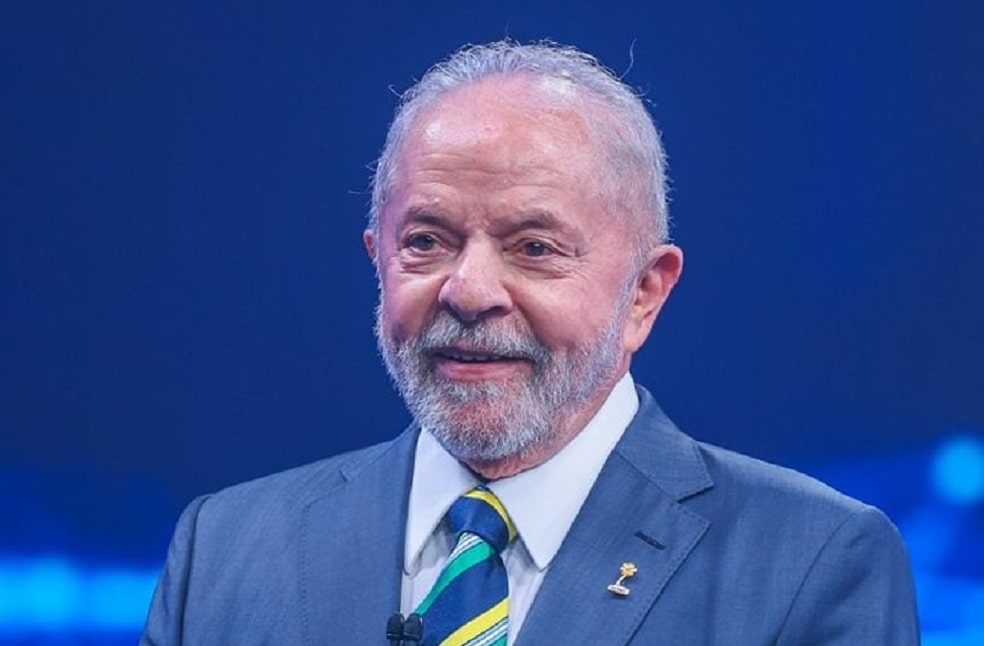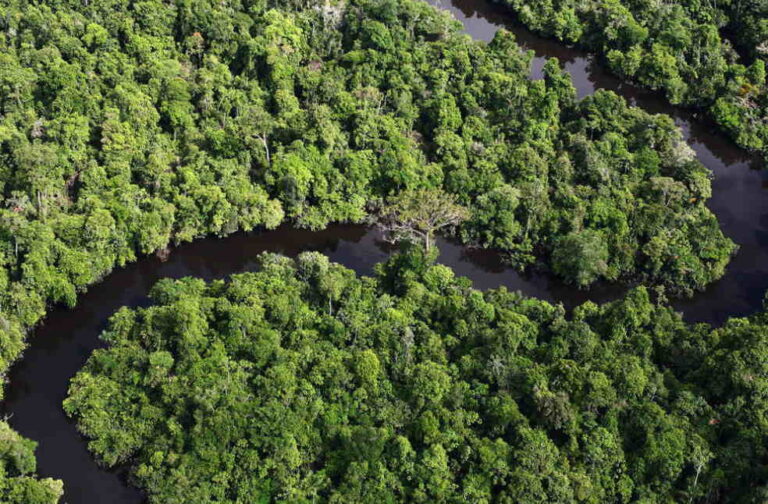Brazil: Deforestation in Brazil’s Amazon rainforest has experienced a significant decline, dropping by 34 percent in the first half of 2023, according to preliminary data released by Brazil’s national space research agency, INPE. This marks the lowest level of deforestation in the past four years, with 2,649 square kilometers (1,023 square miles) of rainforest cleared in the region during this period.
President Mr. Luiz Inacio Lula da Silva, who assumed office in January 2023, has implemented stricter environmental policies in an effort to combat deforestation. Mr. Lula made a commitment to halt deforestation by 2030, following a surge in destruction during the tenure of his predecessor, Mr. Jair Bolsonaro, who had weakened environmental protection measures.
Under Mr. Bolsonaro’s leadership from 2019 to 2022, deforestation in the Amazon increased by 75 percent compared to the previous decade’s average. Mr. Bolsonaro had advocated for increased agricultural and mining activities in protected areas, claiming it would alleviate poverty in the region.

Brazil’s Environment Minister, Marina Silva, attributed the decline in deforestation to the swift allocation of additional resources for environmental enforcement by the Mr. Lula administration. Mr. Silva emphasized that the government is actively implementing its anti-deforestation plan and characterized the reduction as a result of emergency efforts.
However, it remains uncertain whether the annual deforestation rate will show an overall decline, as the peak period for deforestation and fires typically spans from July to September. Mr. Joao Paulo Capobianco, the deputy at the environment ministry, warned of a potential surge in deforestation during July.

To achieve Mr. Lula’s goal of eliminating deforestation in the Amazon by 2030, the Brazilian government unveiled plans that include strengthened law enforcement against environmental crimes and the promotion of green economic development. Mr. Lula has also sought financial support from the world’s wealthiest countries to fund initiatives aimed at protecting the Amazon, in addition to existing contributions from Norway and Germany through the Amazon Fund.
Environmental preservation has gained prominence as the Mercosur trade bloc, consisting of South American countries, negotiates a long-delayed free trade agreement with the European Union. The EU has recently urged the four Mercosur nations to intensify their efforts in combating environmental crimes.



